 CONALCAM brings Bolivia’s main indigenous and popular organisations together with state representatives to coordinate and debate economic policies.
The small Andean nation of Bolivia has received praise from many quarters due to the economic transformation it has undergone over the past decade.
CONALCAM brings Bolivia’s main indigenous and popular organisations together with state representatives to coordinate and debate economic policies.
The small Andean nation of Bolivia has received praise from many quarters due to the economic transformation it has undergone over the past decade.
-
 CONALCAM brings Bolivia’s main indigenous and popular organisations together with state representatives to coordinate and debate economic policies.
The small Andean nation of Bolivia has received praise from many quarters due to the economic transformation it has undergone over the past decade.
CONALCAM brings Bolivia’s main indigenous and popular organisations together with state representatives to coordinate and debate economic policies.
The small Andean nation of Bolivia has received praise from many quarters due to the economic transformation it has undergone over the past decade.
-
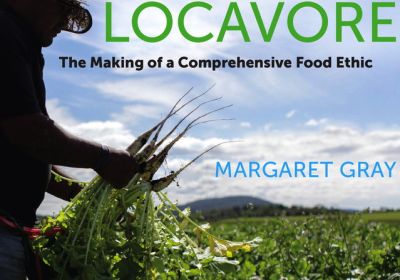
Over the past few decades there has been a rapid growth of interest in buying food that does not come from large-scale industrial farms. Concerns exist over their use of large amounts of commercial fertilisers, pesticides and genetically modified organisms, and inhumane treatment of farm animals.
-
Guatemala: UN says corporate positioning of river 'ecocide' The United Nations said 23 species of fish and 21 species of birds, reptiles and mammals in Guatemala's Pasion River have been affected by contamination caused by industrial African oil palm production, TeleSUR English said.
-
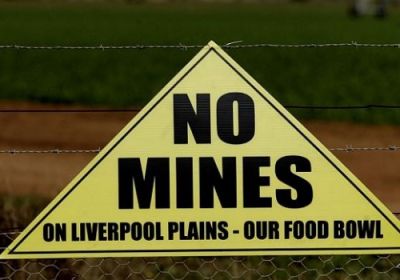 Opposition to Shenhua Watermark’s unpopular $1.2 billion open-cut coal mine, proposed for the Liverpool Plains in the north-west of NSW, is growing. The Coalition cabinet is split, as are NSW and federal National Party MPs. Federal agriculture minister Barnaby Joyce, who is fighting to hold his New England seat, opposes the mine. His cabinet colleague, federal environment minister Greg Hunt, signed the mine’s approval on July 4.
Opposition to Shenhua Watermark’s unpopular $1.2 billion open-cut coal mine, proposed for the Liverpool Plains in the north-west of NSW, is growing. The Coalition cabinet is split, as are NSW and federal National Party MPs. Federal agriculture minister Barnaby Joyce, who is fighting to hold his New England seat, opposes the mine. His cabinet colleague, federal environment minister Greg Hunt, signed the mine’s approval on July 4. -
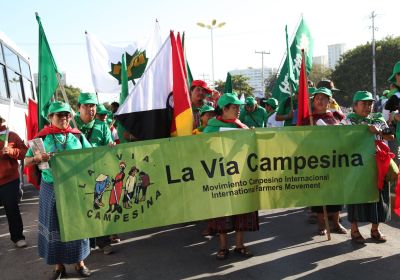
The world’s largest social movement, La Via Campesina, has slammed the power of transnational companies for undermining democracy and stifling people’s voices on a global scale.
-
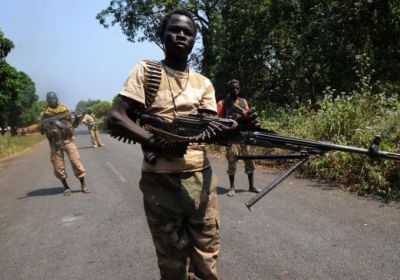
European countries have been indirectly contributing to massive human rights violations and heavy environmental damage in the Central African Republic, an investigative report by Global Witness, released on July 15, revealed.
-

One year ago, on July 7, 2014, Israel began an assault on the Gaza Strip that would last 51 days. While a permanent ceasefire was brokered between Hamas and Israel on August 26, physical safety and freedom of movement continues to be denied to the people of Gaza.
-
 On July 4, federal environment minister Greg Hunt approved the Shenhua Watermark coalmine in the Liverpool Plains in north-west NSW. It will turn 35 square km of prime agricultural land into a giant hole, contaminate aquifers and, as the July 8 Sydney Morning Herald said, “is expected to destroy 789 hectares of an endangered ecological community, much of it box-gum woodland, and 148 hectares of other woods”. The mine will also destroy 800 hectares of koala habitat, condemning the local koala population to extinction.
On July 4, federal environment minister Greg Hunt approved the Shenhua Watermark coalmine in the Liverpool Plains in north-west NSW. It will turn 35 square km of prime agricultural land into a giant hole, contaminate aquifers and, as the July 8 Sydney Morning Herald said, “is expected to destroy 789 hectares of an endangered ecological community, much of it box-gum woodland, and 148 hectares of other woods”. The mine will also destroy 800 hectares of koala habitat, condemning the local koala population to extinction. -
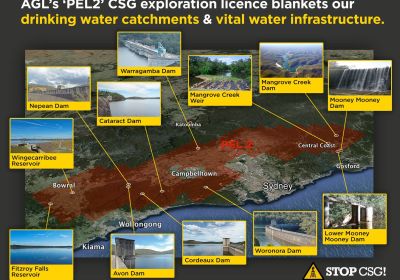
Activists have welcomed the announcement on July 6 that the NSW Coalition government has decided to buy back a coal seam gas (CSG) petroleum exploration licence from AGL that covers Sydney’s water catchment.
-

After delivering some bad news to presidential candidate Donald Trump to stop rockin’ to his “Rockin' In The Free World” song, it looks like Neil Young has also upset some of his fans over at Monsanto.
-
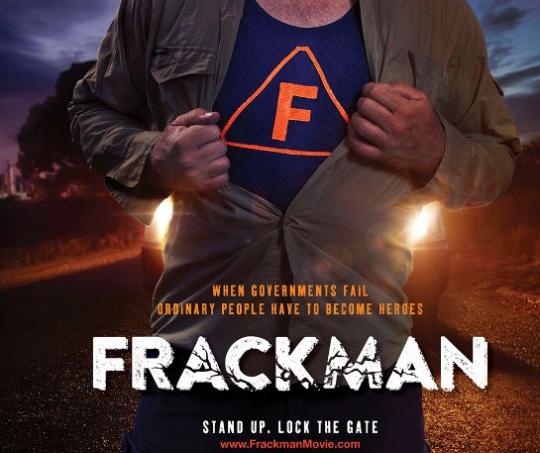 Frackman
Directed by Richard Todd
http://frackmanthemovie.com
Frackman is a new documentary that follows the story of self-proclaimed “worst environmental activist ever” Dayne Pratzky, a resident of the Tara Estates, Chinchilla, in Queensland.
Frackman
Directed by Richard Todd
http://frackmanthemovie.com
Frackman is a new documentary that follows the story of self-proclaimed “worst environmental activist ever” Dayne Pratzky, a resident of the Tara Estates, Chinchilla, in Queensland.
-
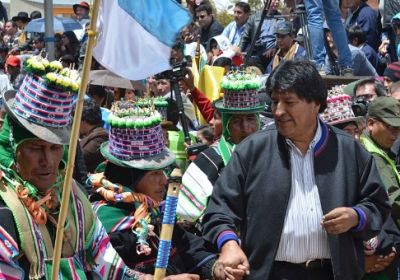
Bolivia's President Evo Morales highlighted the importance of social movements in driving the changes and the economic growth experienced by the South American country in recent years.